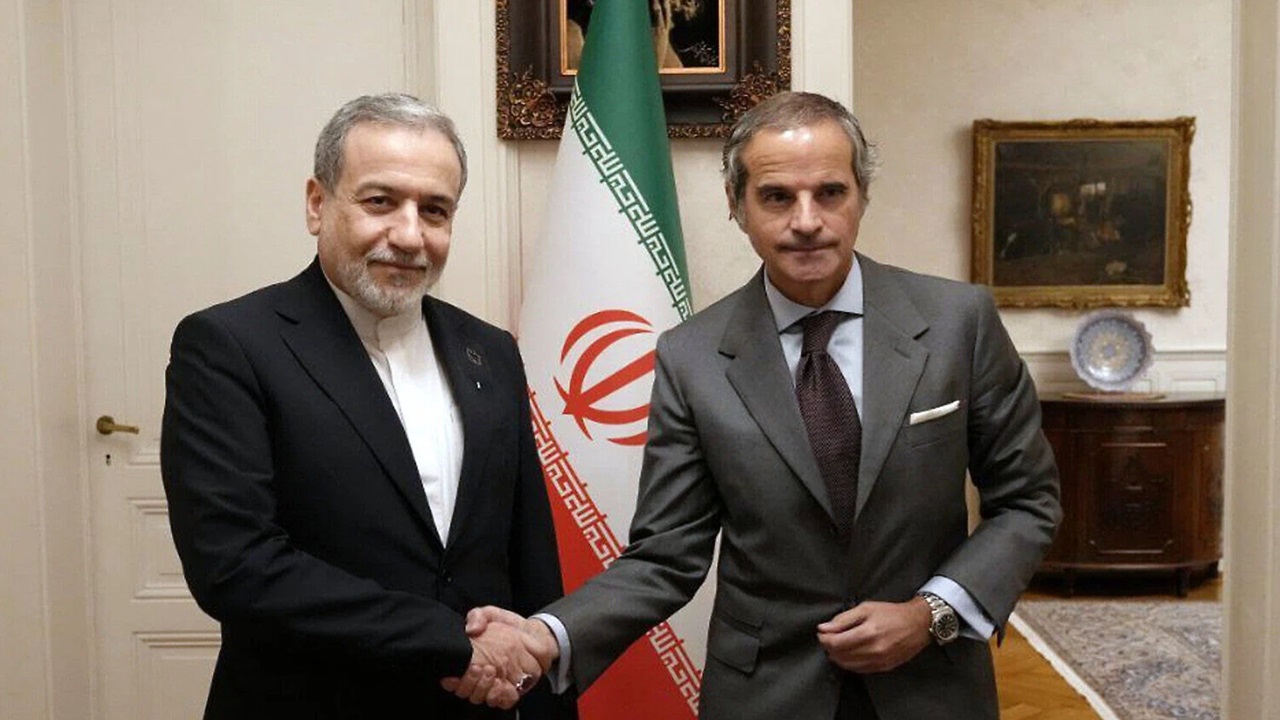Qantas Airways, known as the “Spirit of Australia,” has found itself embroiled in a massive scandal that has tarnished its reputation. Recent revelations from court documents have shown that the airline misled nearly a million passengers by selling tickets for thousands of flights that had already been cancelled. The controversy, which has resulted in heavy financial penalties and management upheaval, marks one of the most significant scandals in the airline’s history.
The Scandal: Fake Flights Sold to Unsuspecting Passengers
The root of the scandal lies in Qantas selling tickets for 71,000 flights scheduled between May 2022 and May 2024, despite being aware that these flights had already been cancelled. Shockingly, over 884,000 passengers booked tickets for flights that would never take off. According to the Australian Competition and Consumer Commission (ACCC), the national carrier continued to sell tickets for an average of 11 days after deciding to cancel flights, with some delays extending up to 18 days.
The ACCC, which brought the case to light, condemned the airline’s behavior as both “egregious” and “unacceptable.” In response to these revelations, Qantas settled the lawsuit in May 2024, agreeing to pay A$120 million (approximately $82 million) in fines and compensation. This settlement includes A$100 million in penalties and an additional A$20 million to compensate 87,000 victims of the airline’s fraudulent practices.
Senior Management’s Role in the Scandal
Court documents reveal that senior management at Qantas was aware of the systemic issues related to flight cancellations and the misleading sale of tickets. However, no single individual was held accountable for fully understanding the extent of the problem. Former CEO Alan Joyce, who resigned early amid the growing controversy, faced intense scrutiny for his leadership during the period when the scandal unfolded.
The airline’s outdated systems contributed to the issue, as they failed to promptly remove cancelled flights from being available for sale. Qantas has since updated its processes and implemented new technology to prevent such incidents from occurring again. Vanessa Hudson, who took over as CEO in September 2023, expressed the airline’s regret, stating, “We know many of our customers were affected by our failure to provide cancellation notifications in a timely manner, and we are sincerely sorry.”
Financial Impact and Legal Consequences for Qantas
The financial fallout from the scandal has been significant. The airline was accused of selling over 8,000 tickets on cancelled flights between May and June 2022 alone. The ACCC’s investigation, which concluded in 2024, revealed that Qantas had engaged in these deceptive practices between May 2021 and August 2023, a period coinciding with the height of the COVID-19 pandemic.
The Federal Court of Australia is set to approve the settlement agreement, which ensures compensation for 86,000 affected passengers. Domestic travelers will receive A$225 each, while international passengers will be compensated A$450. These payments are in addition to any refunds or alternative flights that had already been provided. This financial penalty has dealt a blow to Qantas, but it has also forced the airline to take responsibility for its actions.
Gina Cass-Gottlieb, chair of the ACCC, condemned the airline’s conduct, stating, “Many consumers will have made holiday, business, and travel plans after booking on a phantom flight that had been cancelled.” Despite the airline’s eventual admission of wrongdoing, the ACCC initially sought a record penalty of over A$250 million.
The Wider Impact on Qantas’ Reputation
The ghost-flight scandal is only one of several challenges that Qantas has faced in recent years. The airline has also been criticized for skyrocketing ticket prices, inadequate customer service, and the controversial firing of 1,700 ground staff during the pandemic. Despite these issues, Qantas reported a profit of $1.1 billion in 2023, demonstrating its resilience even as its reputation suffered.
Before the ACCC investigation, Qantas had defended its actions, claiming that customers purchased a “bundle of rights” and that the airline was committed to getting passengers to their destinations as efficiently as possible. However, this defense crumbled under the weight of evidence presented by the ACCC, leaving Qantas in a precarious position.
The airline’s long-standing reputation for reliability and customer service has taken a major hit. In an effort to rebuild trust, Hudson emphasized, “We have since updated our processes and are investing in new technology across the Qantas Group to ensure this doesn’t happen again.” The company has taken steps to prevent future incidents, but the damage to its brand may take years to repair.
Looking Ahead: Qantas’ Efforts to Rebuild Trust
With the settlement in place and the compensation program set to roll out, Qantas aims to move past this scandal. As part of the settlement, the airline has avoided further legal challenges by agreeing to expedite compensation payments. Cass-Gottlieb highlighted the importance of the A$100 million penalty, stating, “This will send a strong message to Australian companies that they must comply with Australian Consumer Law.”
Despite the legal resolution, Qantas’ ghost-flight scandal will likely have lasting repercussions. The company’s swift acknowledgment of its failings and the ongoing efforts to improve systems and customer service are steps toward repairing its image. Hudson has framed the settlement as “another important step forward” as Qantas strives to restore confidence in the airline.
As Qantas works to regain public trust, the scandal serves as a stark reminder of the importance of transparency and accountability in the aviation industry. For the airline, the coming years will be crucial in determining whether it can successfully recover from the damage caused by its ghost-flight scandal.
(With inputs from agencies)








